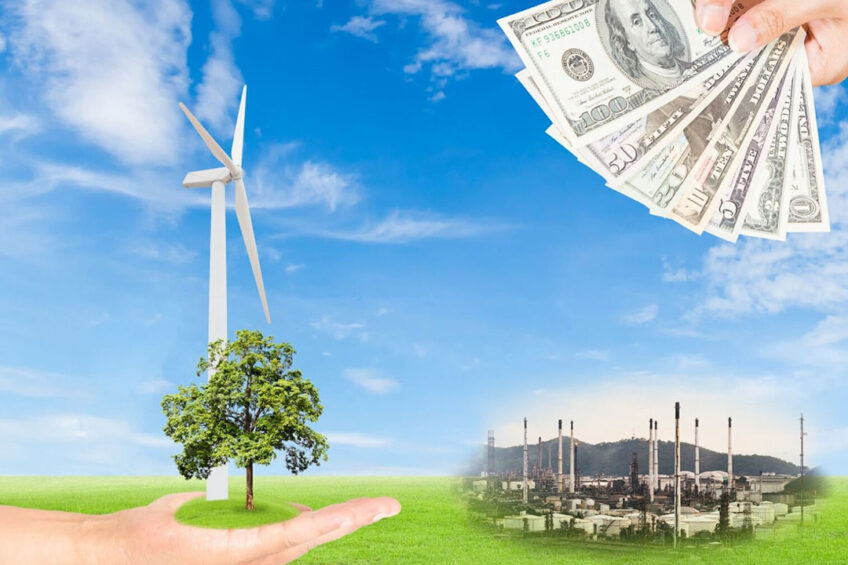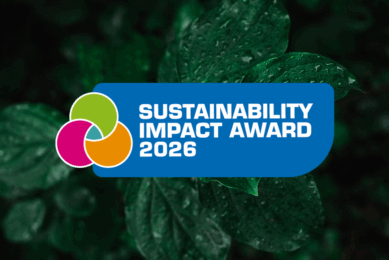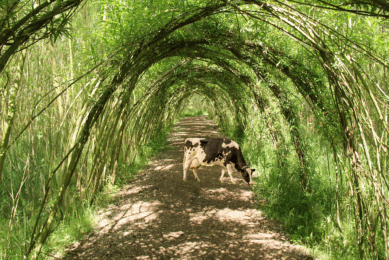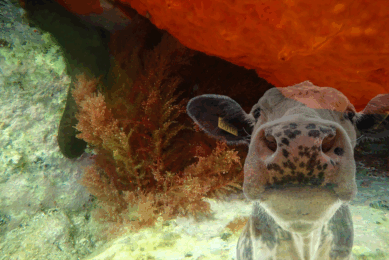Farmers must reduce emissions before tackling carbon trading

Reports highlighting the trading of natural capital and carbon across the UK’s agricultural sector have found they could equate to vast sums of money annually.
But before farmers get too excited by the prospect they have to focus on their own farm emissions, such as feed and fertiliser, before considering the trading of their carbon to offset pollution in other sectors.
Value of UK land-based carbon credits
2 reports – commissioned by the Tesco Partnership and WWF – were launched at last week’s prestigious Oxford Farming Conference (5 Jan), which found that the market potential value of UK land-based carbon credits alone could be as high as £1.7 bn (€2.03 bn) a year as long as governance of the market was credible.
The Opportunities of agri-carbon markets
Part 1 of the report: “The Opportunities of agri-carbon markets: A Summary” – was led by the Green Alliance and researchers from Manchester University and SRUC, Scotland’s Rural College. It uses scientific research to show which land management interventions, such as agroforestry and incorporating crop residues into soils, have most potential for sequestrating carbon on working farms in the UK. It provides recommendations for developing a credible, domestic on-farm agri-carbon sequestration market.
Natural Capital: The Battle for Control
Part 2: “Natural Capital: The Battle for Control” – was also led by the Green Alliance in partnership with the Oxford Farming Conference and land agents Savills. Key to its recommendations is that government puts in place a land use framework and Office for Carbon Removal to avoid a “dash for carbon” leading to undesirable consequences for food production, local communities and nature recovery.
Balancing emissions reductions on farm
The 2 reports complement each other and aim to support the industry in determining how the farming sector balances emissions reduction on farm with income generating potential from the emerging markets.
If done badly, carbon offsetting could be counter-productive…
Benefits and pitfalls
Commenting on the reports, author and Green Alliance spokesman James Elliott said the research highlighted both benefits and pitfalls for farmers: “It’s important that farmers and land mangers understand that, once they sell carbon offset credits, they can’t then count them towards the farm’s own efforts to cut carbon. Collaborating with their customers to cut emissions and sequester carbon within the supply chain, rather than selling the offsets to other sectors, could be a safer bet for farmers.
“If done badly, carbon offsetting could be counter-productive, with poorly operate schemes leading to more emissions than if no offsetting was done. People may be taken in by clever accounting and overstated claims by carbon off-setters, but you cannot trick the atmosphere.
“We need strong standards, so we know that carbon credits from the agriculture sector are accurately measured, genuinely additional and that the carbon remains stored in the long term. And those buying and using credits must also be doing everything they can to reduce their own emissions in line with limiting global heating to 1.5C before relying on offsets.”
Strong guidance to regulators
Emily Norton, OFC director and head of rural research at Savills, said she hoped the reports would provide strong guidance to regulators and pioneering market actors: “The potential market value of £1.7bn per year for carbon credits suggested within these reports, is roughly half the value of all public support payments for agriculture.
“But it’s clear from the recommendations that we cannot jump at this opportunity without the right safety nets to prevent an overly dominant focus on the most emissions reducing land-use practices – afforestation and peatland restoration – at the exclusion of food production and biodiversity gain.
“The reminder to those land-owners keen to trade in these new markets is loud and clear – don’t jump too soon and focus on offsetting your own emissions before giving opportunity to others to reduce their own.”











